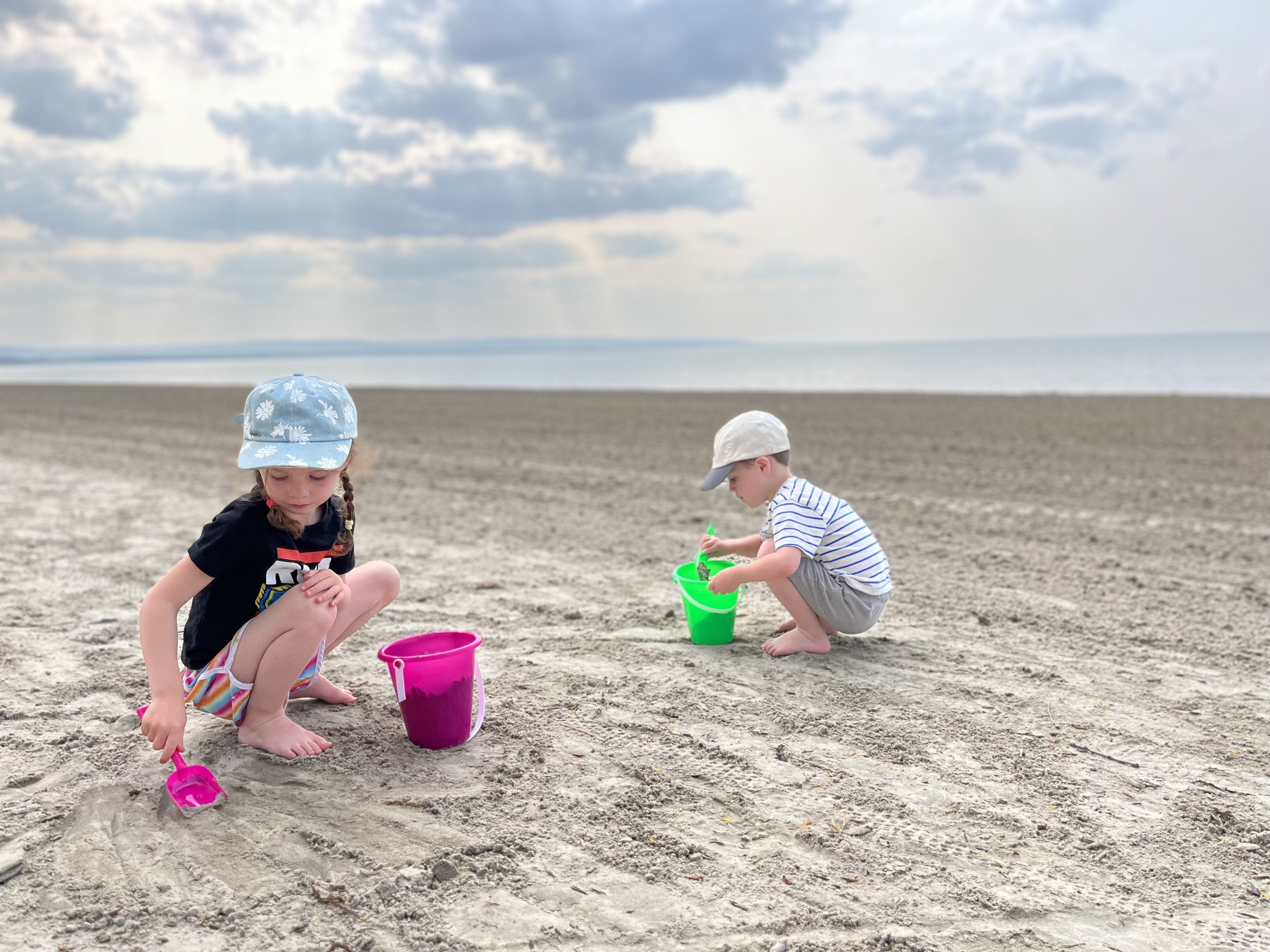How does free play benefit reading skills?
Free play is beneficial to children in countless ways but did you know that it also helps develop a child’s reading skills?
Here are some ways in which free play supports and enhances a child’s reading abilities:
Language development: During free play, children engage in conversations, storytelling, and imaginative play. These activities provide opportunities to use and explore language, expanding vocabulary, improving sentence structure, and enhancing communication skills. Strong language skills are essential for reading comprehension and fluency.
Phonological awareness: Free play often involves rhyming, singing, and word play, which naturally promote phonological awareness. Children engage in activities that involve recognizing and manipulating sounds in spoken language, such as creating silly words or identifying words that rhyme. Phonological awareness is a crucial skill for reading, as it helps children understand the sound structure of words.
Print awareness: Through free play, children encounter various forms of print in their environment, such as signs, labels, and books. They may engage in pretend play that involves using written materials, like making a shopping list or creating signs for their imaginary play. This exposure to print helps develop print awareness, understanding the conventions of written language, and the connection between spoken and written words.
Storytelling and narrative skills: During free play, children often engage in storytelling and role-playing, where they create and act out narratives. This helps develop narrative skills, including understanding story structure, sequencing events, and developing a sense of story comprehension. These narrative skills are closely linked to reading comprehension and the ability to understand and analyze stories.
Motivation and engagement with books: Free play that involves exposure to books, such as pretend reading or incorporating books into play scenarios, can foster a love for reading and increase motivation to engage with books. When children view books as a natural part of their play and daily experiences, it positively influences their attitude towards reading and their desire to explore written texts.
Imagination and visualization: Free play stimulates children's imagination and ability to create mental images. This skill transfers to reading, as children learn to visualize and create mental images while reading text. Visualization enhances reading comprehension by allowing children to make connections between the text and their own mental representations.
Story comprehension and prediction: During free play, children engage in storytelling and imaginative play, which often involve creating narratives with a beginning, middle, and end. These experiences contribute to their understanding of story structure, character development, and plot progression. As a result, children develop skills in predicting outcomes and making inferences while reading.
By engaging in free play, children develop foundational skills and attitudes that support their reading development. It fosters a positive relationship with language, print, and books, and provides opportunities for them to practice and apply reading-related skills in a natural and enjoyable context.

